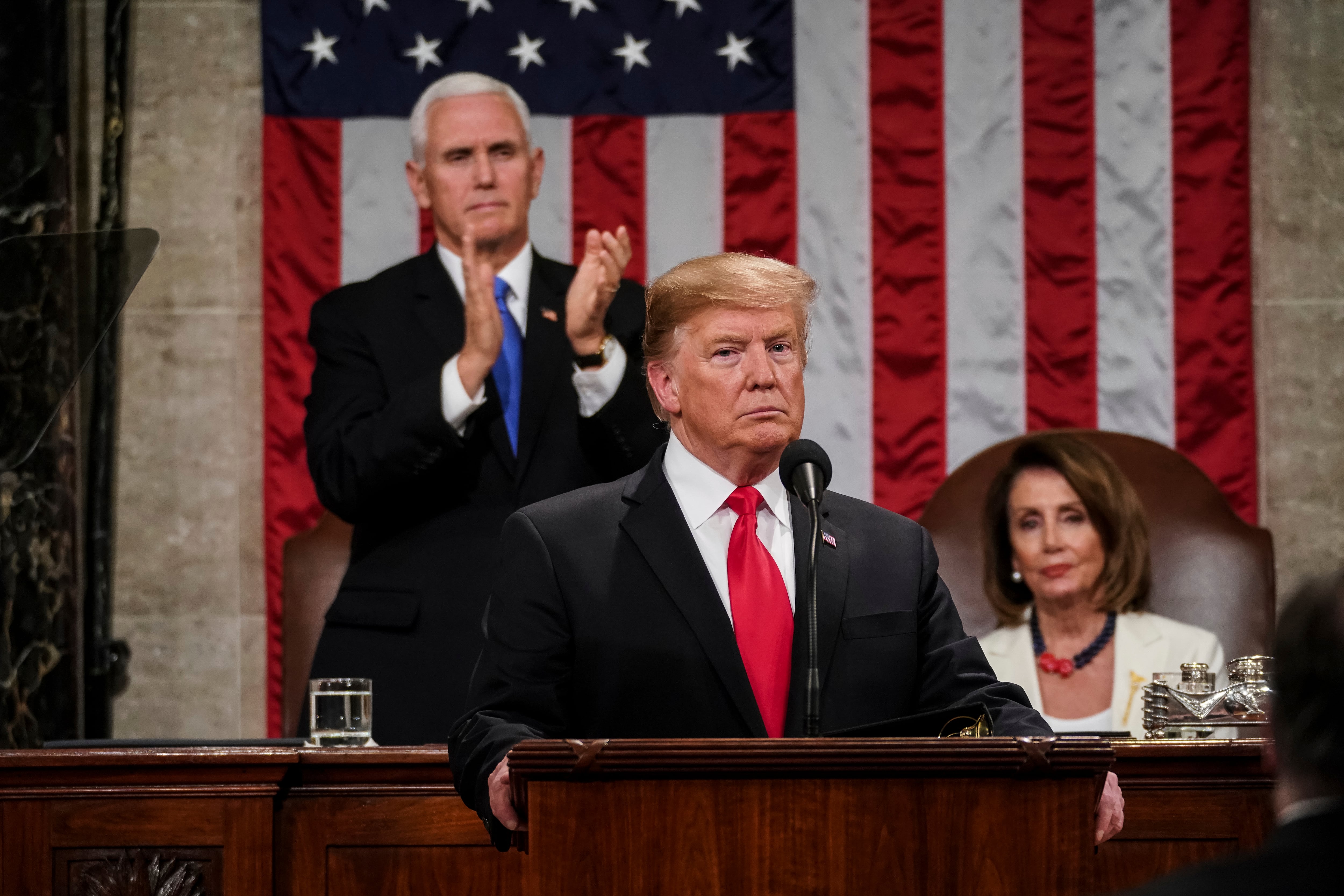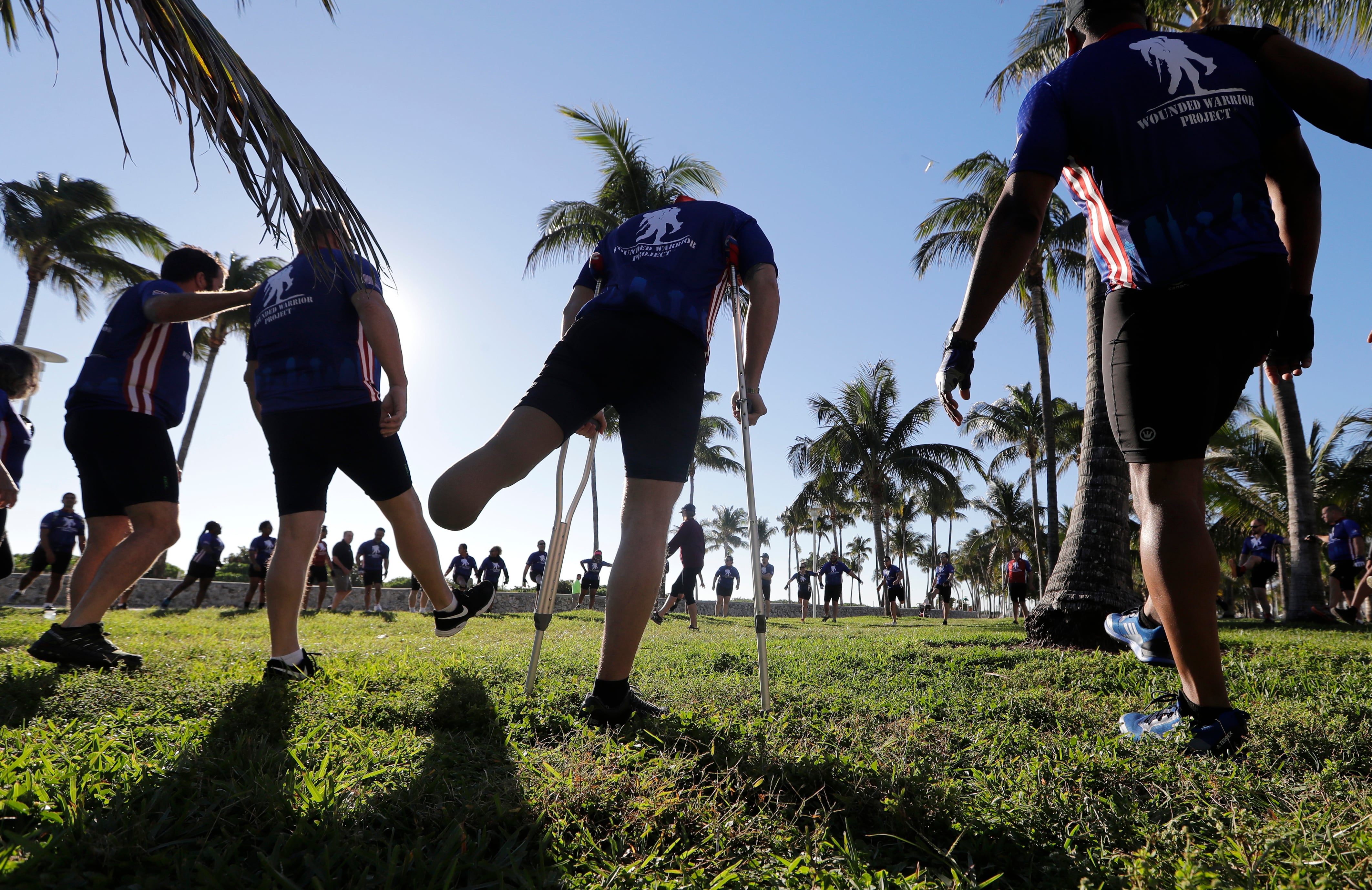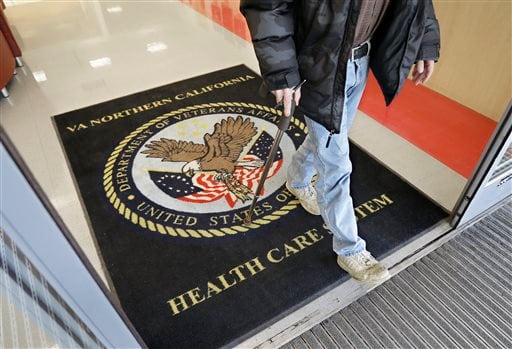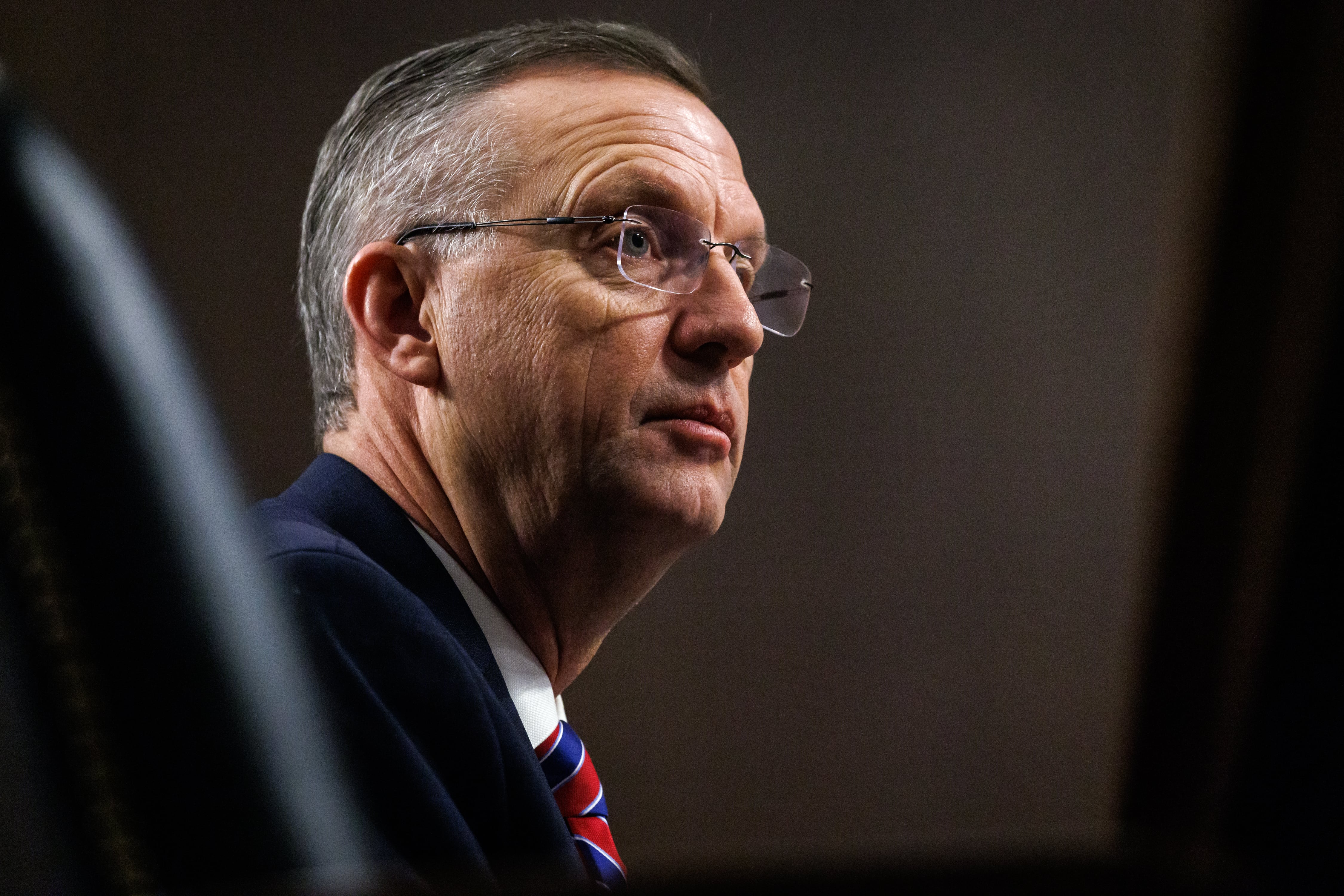TAMPA, Fla. — As the U.S. focuses on great power competition with China and Russia, a terrorist attack or massive crisis response would be a “strategic distraction,” according to a panel of military and government officials.
National Counterterrorism Center Director Christine Abizaid, speaking Wednesday at the Global SOF Foundation’s SOF Week here, said the most likely type of attack isn’t a large-scale al-Qaida-style coordinated one.
Instead, what’s more likely are is strikes from small “leaderless” cells or lone actors. That’s partly because of the decades spent by U.S. intelligence and military forces dismantling large terrorist networks, she said.
Smaller cells and lone actors are harder to track, and they leverage technology to mask their work and support each other in disparate locations.
Al-Qaida and its affiliates extend from south Asia to both east and west Africa, she said, while the Islamic State continues to proliferate in parts of Africa and its affiliates also continue to operate in Afghanistan.
The bulk of those organizations are “more diffuse and diverse than what we’ve seen in decades,” Abizaid said.
This challenge threatens the work of countering peer adversaries such as Russia and China, experts said. Anne Patterson, former assistant secretary for near eastern and north African affairs at the U.S. State Department, said during the same panel event the U.S. must “keep a focus on terrorism.”
“Nothing would be a bigger distraction to great power competition than a terrorist attack,” added Patterson, who is now a senior fellow at the Jackson School of Global Affairs at Yale University.
Patterson said the key to staving off terrorist attacks is special operations.
“What can SOF do to make these countries more resilient and able to protect themselves against terrorist attacks?” she said.
Retired Lt. Gen. Kenneth Tovo, former head of U.S. Army Special Operations Command, noted terrorist groups and crises are often used by peer adversaries as part of their approach to competing against the United States.
“We are likely to see an increase in crises that require some level of attention,” Tovo said.
There are more than 70,000 special operations individuals operating in more than 80 countries, but Tovo said they shouldn’t handle it all. Crisis response is vital, but that response, “doesn’t necessarily need to be us.”
The hard part is the “investment in advance” that it takes to build partner forces, he added.
SOCOM commander Bryan Fenton said during his Tuesday keynote address here that the U.S. training support provided to Ukraine in 2014 may have led to some of the recent battlefield successes against Russia, but that support began even earlier.
Fenton said, that all started in 1994 when special operations troops went to Ukraine and started partnering with Ukrainian forces.
“First, it was just being there,” he said.
Then it was staying there and returning to work with the same Ukrainian teammates over the years. And lastly, he said, it was “plowing in the lessons we have learned in places like Iraq and Afghanistan” to the Ukrainian forces, now being used against Russia.
Todd South has written about crime, courts, government and the military for multiple publications since 2004 and was named a 2014 Pulitzer finalist for a co-written project on witness intimidation. Todd is a Marine veteran of the Iraq War.





